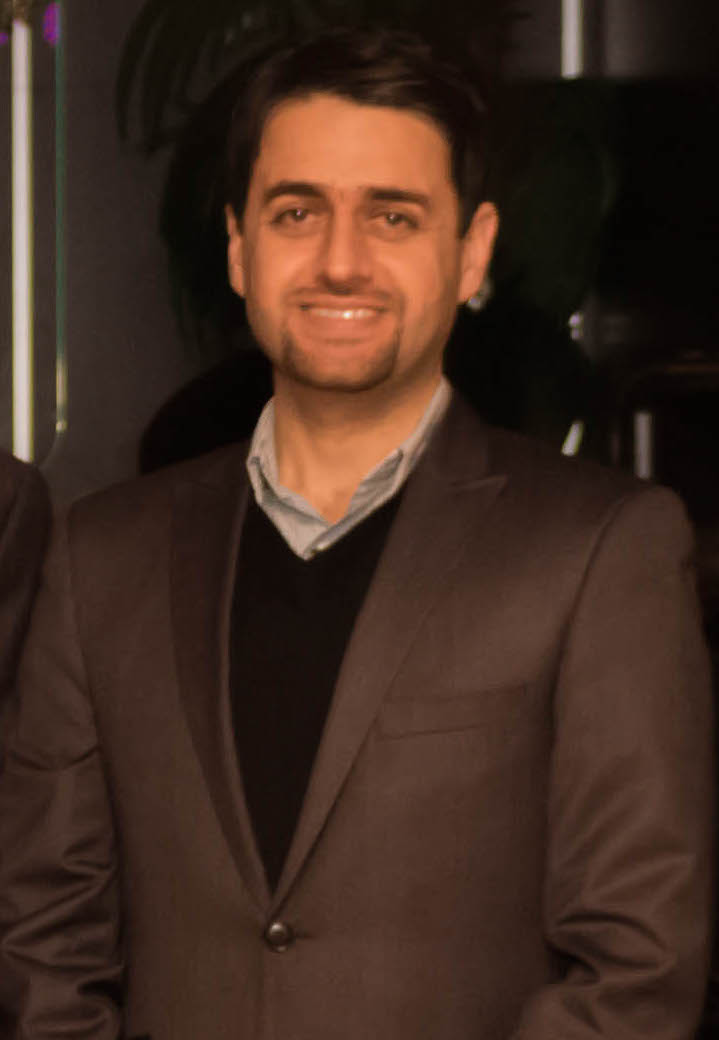Editorial
Identity and immigration: the Lebanese in Quebec
By Sari Madi, Ph.D. candidate
Coming from a rural background, the first Lebanese immigrants to Canada turned to trade as a more promising way to make a living. They worked mainly as peddlers at first then wrote, each in his own way, their success stories. In the following paragraphs we will focus on two particular success stories in Quebec: that of Annie Midlege, and that of the Lawand family[1].
After a short stay in New York City, Annie Midlege arrives in Ottawa around 1895. The 30 years old Lebanese widow seized all job opportunities at hand. Then she started her own business targeting primarily Native Americans; she learned their language, whereas she didn’t learn French nor English, and exchanged her goods for their fur. Within ten years, Ms. Midlige had established her first trading post, and was competing with the oldest company in North America, the Hudson’s Bay[2].
Another Lebanese pioneers’ successful integration story is that of the Lawand family. In the first half of the 20th century, they played an important role in the movie culture in Montreal, as Najeeb and Amine Lawand start up their company: the Confederation Amustments. Between 1909 and 1938, the company managed various theaters, including one specialized in Egyptian films. These pioneers paved the way for many Lebanese who, for over 125 years now, have been influencing the soci-cultural life of the French-speaking province of Quebec in many ways.
Since the 1970s Canada has moved from a process of assimilation of immigrants into the majority group to a quest for a pluralistic society. The goal is to eliminate any existing ethnic hierarchy within society[3]. This multicultural policy allows new Canadians to maintain and enhance their cultural and religious heritage. Unlike the Canadian model, Quebec relies on an intercultural approach to establish a common public culture as an integration model. This means a convergence to the Quebec’s French cultural tradition. The different communities are invited to contribute to this collective identity based on the French language, but also on social and political secularism.
Adding to that the context in their home country, the Lebanese living in Quebec have to deal at least with two levels of integration. The confessional system in effect in Lebanon since theIndependence – but that was established by the Ottoman Empire – has an impact on the diaspora community. Studies on Lebanese-Canadians point out the weakness of their community network as a result of their internal divisions. These divisions are due to pre-migration socio-economic differences, to religious affiliations and to ideological orientations[4]. We do not add anything new by highlighting the complexity of the Lebanese identity, resulting from four levels of self-identification (national, religious, denominational and cultural) [5]. However, in the process of integration in a new country, there seems to be a break away (cultural, social and emotional) that favors the building of a new identity balance[6]. Moreover, identities are continually interacting with their social, legal, cultural and political environment, and it seems that the secular environment might be the catalyst for a secularization of the Lebanese identity[7]. In our opinion, this is an opportunity to be seized.
Lebanese socio-political life encourages denominational identity through its current legal and political sectarian system. But why don’t we think of concrete measures to reduce the negative effects of this system?
The announcement for a recent event in Montreal inspired some answers to this question. Indeed, a few months ago, the University of Montreal has been able to develop a course on Sikhism through the generosity of a Montreal businessman of Indian origin[8]. Academia promotes general knowledge production and provides individuals with the necessary tools for understanding and using this knowledge. A course designed to analyze challenges faced by Lebanon and the Lebanese can make a change in the current situation.
This call for a “Course of Dialogue” is inspired by the movement “Lebanon Land of Dialogue”[9],a movement initiated by the University of Notre Dame Louizeh to promote the country as a land of dialogue among civilizations and cultures. Although the movement is an international one, we believe that all resources, national and international, should be mobilized in order to produce change. Especially since Lebanese immigration follows a pattern of family reunification, as close relatives usually followed first immigrants [10]. In this sense, relationships between immigrants and their towns and villages of origin remain strong. Therefore, dialogue within immigrants communities would resonate in the home country, where the situation keeps deteriorating.
 Sari Madi is a PhD candidate at Université de
Sari Madi is a PhD candidate at Université de
Montréal, School of Industrial Relations.
Madi studied during his masters the situation of the immigrants in Canada, and he is the coauthor of the:
‘’la communauté libanaise au Québec: appel de liberté et quête de l’excellence’’ .
The book is in french language and was
published in 2014 in a copyright collective.
To contact the author: [email protected]
[1] The information for these two stories are derived S. Aoun et S. Madi « la communauté libanaise au Québec : appel de liberté et quête de l’excellence ».
[2] P. Leney, « Annie Midlige, Fur Trader – A Lebanese Widow Defies the HBC ».
[3] L. Atallah « L’intégration socioprofessionnelle des femmes libanaises mariées et immigrés au Québec »
[4] K. Lebnan « Itinéraires identitaires chez des immigrants libanais de Montréal : le cas de l’identité confessionnel ». p. 36
[5] S. Abou (1997). Cités dans Lebnan.
[6] L. Atallah, p.68
[7] K. Lebnan, p. 118
[8] http://www.ftsr.umontreal.ca/nouvelles/2015/20150219.html
[9] https://www.change.org/p/excellency-general-secretary-of-the-un-designate-lebanon-as-a-land-for-dialogue
[10] S. Aoun et S. Madi, p. 199




